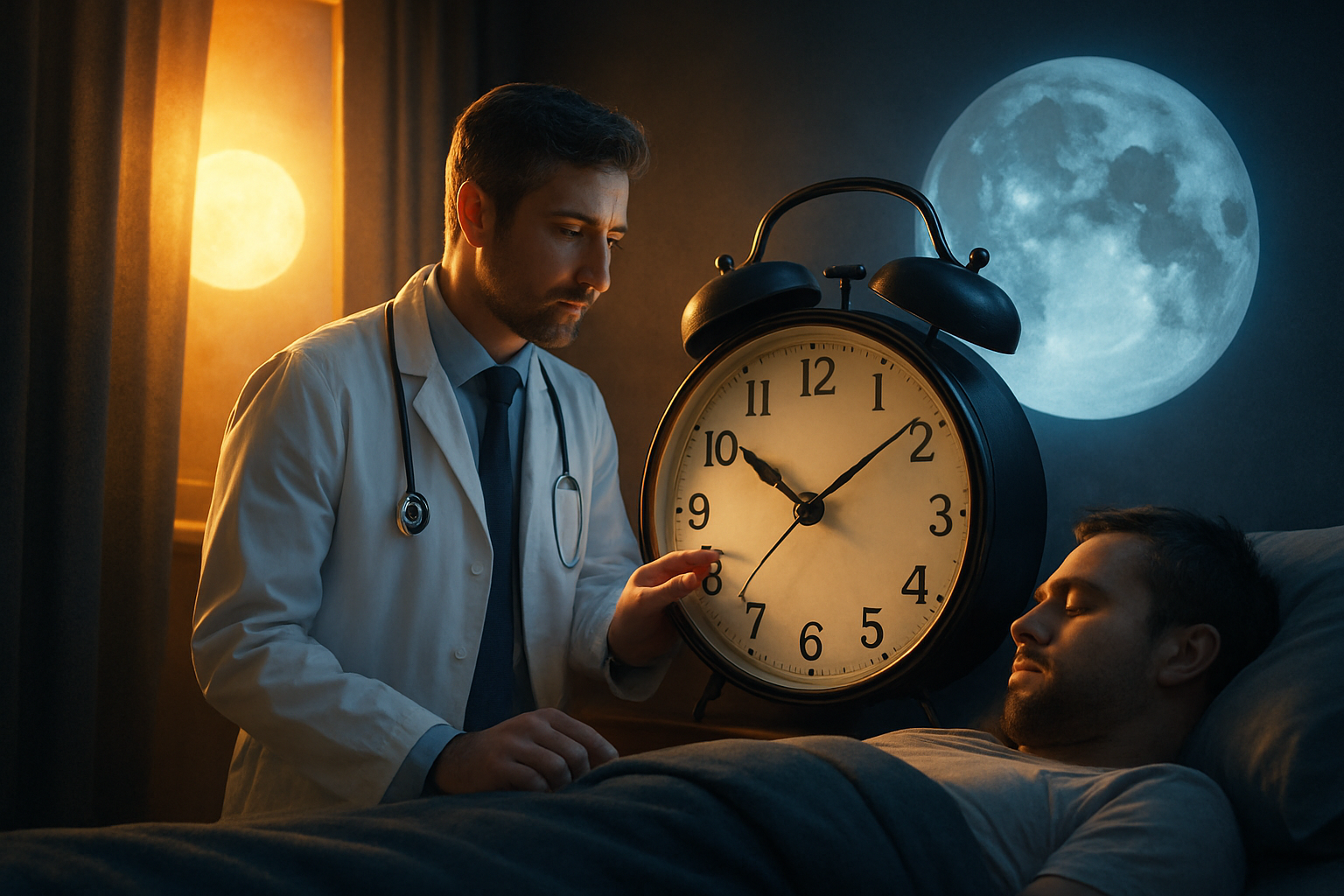Sleep Apnea Treatment 2025: From At-Home Sleep Tests to Insurance-Covered CPAP and New Alternatives
Loud snoring, morning headaches and daytime fatigue can be more than just an annoyance—they are classic warning signs of obstructive sleep apnea, a condition now linked to higher risks of heart disease and stroke. The good news: updated Medicare and private-insurance rules make it easier than ever to qualify for a $0* in-home sleep test and, if needed, a covered CPAP machine or modern alternatives like auto-adjusting bilevel devices, oral-advancement mouthpieces and surgically implanted nerve stimulators. This guide walks you through each testing option, explains what to expect during CPAP fitting, and outlines lifestyle changes—weight management, side-sleeping, alcohol timing—that strengthen results, so you can reclaim deeper rest and protect long-term health.

This article is for informational purposes only and should not be considered medical advice. Please consult a qualified healthcare professional for personalized guidance and treatment.
How Does the Home Sleep Apnea Test Process Work?
The home sleep apnea test process has revolutionized diagnosis, offering a comfortable alternative to overnight lab studies. The process typically involves wearing a small device that monitors breathing patterns, oxygen levels, and heart rate during sleep. These tests are delivered to your home with clear instructions and usually require just one night of monitoring. Results are analyzed by sleep specialists who can determine if sleep apnea is present and its severity level.
What’s the Difference Between CPAP and Oral Appliance Therapy?
CPAP (Continuous Positive Airway Pressure) machines deliver pressurized air through a mask to keep airways open during sleep. Oral appliances, alternatively, are custom-fitted devices that reposition the jaw and tongue to maintain airway patency. While CPAP remains the gold standard for severe sleep apnea, oral appliances often prove more comfortable and effective for mild to moderate cases, with compliance rates typically higher than CPAP therapy.
Understanding Medicare Rules for CPAP Supplies
Medicare coverage for CPAP supplies follows specific guidelines. Beneficiaries must demonstrate both a diagnosis of sleep apnea and compliance with therapy. Medicare typically covers:
-
CPAP machine replacement every 5 years
-
Mask replacement every 3 months
-
Tubing replacement every 3 months
-
Filter replacement monthly or bi-monthly
What Are the Newest Alternatives to CPAP Machines?
Modern alternatives to traditional CPAP therapy include:
-
Inspire upper airway stimulation therapy
-
Auto-adjusting BiPAP devices
-
Positional therapy devices
-
Combination therapy approaches
-
Novel oral appliance designs
Which Lifestyle Habits Help Reduce Sleep Apnea?
Several lifestyle modifications can significantly impact sleep apnea severity:
-
Weight management through diet and exercise
-
Side-sleeping position maintenance
-
Alcohol avoidance, especially before bedtime
-
Regular sleep schedule adherence
-
Smoking cessation
-
Throat-strengthening exercises
Treatment Options and Cost Comparison
| Treatment Option | Average Cost | Insurance Coverage | Replacement Schedule |
|---|---|---|---|
| Home Sleep Test | $150-$500 | Often covered | One-time test |
| CPAP Machine | $500-$3,000 | Usually covered | Every 5 years |
| Oral Appliance | $1,500-$3,000 | Partially covered | 2-3 years |
| Inspire Therapy | $20,000-$40,000 | Case-by-case | N/A |
Prices, rates, or cost estimates mentioned in this article are based on the latest available information but may change over time. Independent research is advised before making financial decisions.
Sleep apnea treatment continues to evolve with new technologies and approaches emerging regularly. The key to successful treatment lies in finding the right combination of therapies while maintaining consistent usage and healthy lifestyle habits. With proper diagnosis and treatment adherence, most patients can achieve significant improvement in their sleep quality and overall health.




